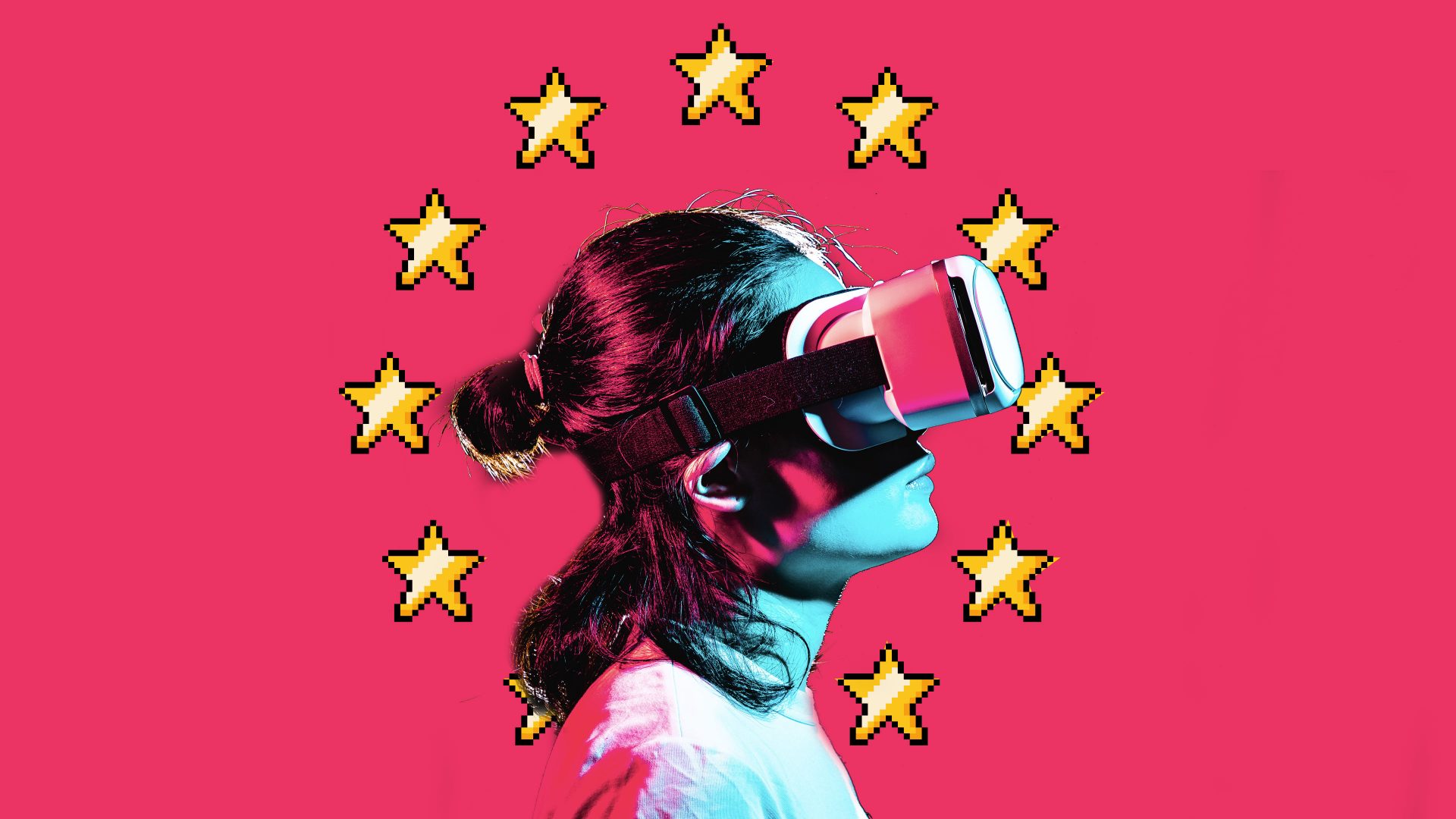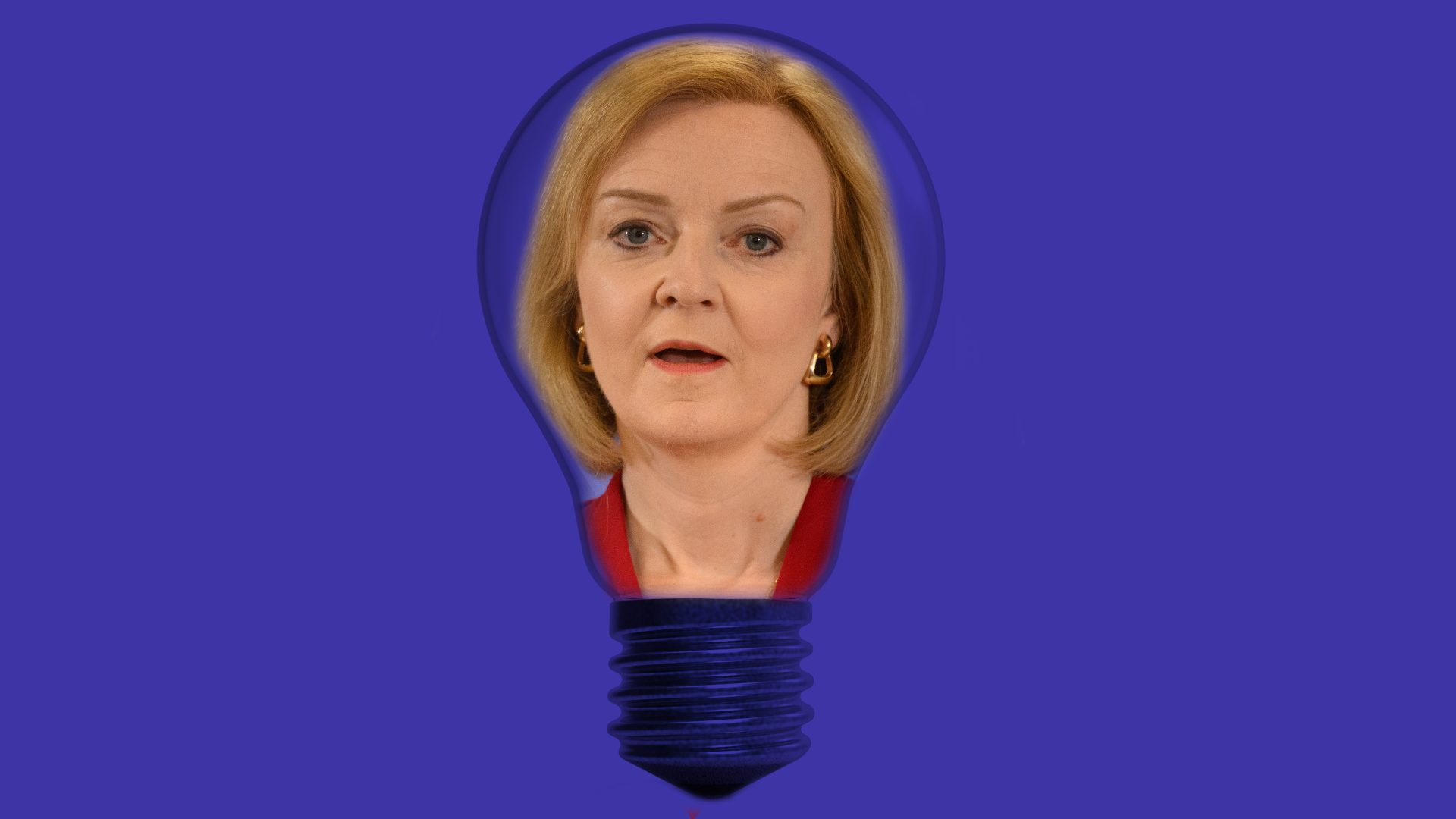Britain in Europe. There’s something sadly dissonant about the very phrase
nowadays, let alone the sight of it actually happening. But it does happen. I’m looking at it.
Over there is a stand emblazoned with UKIE, the acronym of the UK Interactive Entertainment body, as well as a fair few Union Jacks. Just round the corner is one for Spain. Slightly further away, Norway, Holland, France, Denmark… even the region of Silesia. People are bouncing between these stands as though this is all one giant, pan-European game of pinball.
It isn’t a game, of course – many of the people here are doing serious work – but it is about games. We’re all at Gamescom in the excoriating heat of late August in Cologne, Germany. By most measures, it’s the largest video gaming convention in the world, and it is one that – despite perceptions that the industry is dominated by California and Tokyo – makes it clear Europe is a big player.
This year is the first time the convention has taken place in real life since the pandemic began, and folk seem to be making up for the unsociability of the webcam years. The heavy bustle of the trade areas, where developers, financiers, marketeers and hacks like me are allowed to roam, still has nothing on the real convention happening elsewhere in the Koelnmesse buildings.
There, in the broad corridors, people are almost shoulder-to-shoulder, tens
of thousands of them, with the occasional elaborate foam weapon sticking up and signalling the position of a mega-fan dressed up as their favourite character. They file from grand hall to grand hall, these thousands, where they queue for hours under neon lights to spend time with some of the biggest upcoming releases. Everything is colour and noise.
The crowds, the colours, even the cosplay, are emblematic of an industry that’s practically unfathomable in its scale. If you want some numbers, then it’s said that global revenues pushed towards $200bn last year, making gaming the most lucrative form of mass entertainment in history. It’s now bigger than film and music combined. But the numbers aren’t really what I have in mind. What’s really exciting about gaming, what’s really oversized, is its imagination.
During my time in Cologne, I’ve played a game that had me pulling my arms back, in virtual reality, to swim through some alien sea. I’ve zoomed seamlessly from the skies above America right down to ground level, so as to establish a new railway line. I’ve run through painted landscapes with an 11-year-old girl and her chirruping, dog-like companion.
In fact, there’s so much breadth on display – of genre, of style, of ingenuity – that it starts to overwhelm your brain functions. There was one moment, walking through the halls, when I thought: “Huh, look at those guys cosplaying as firefighters.” Until I realised that they were actually firefighters.
Covering gaming today feels, I imagine, how it must have felt to cover Hollywood in the 1920s or 1930s. And I mention those decades advisedly. Film wasn’t a new medium then – it had been around for about 30 or 40 years, since the experiments of pioneers like Thomas Edison and the Lumière brothers in the late 19th century – so it had had enough time to develop from a backroom hobby to that time’s own biggest form of mass entertainment. But in its maturity, it still found new ways to mature. Sound, expressionistic camerawork, different narrative techniques, and, as there is at Gamescom, much unalloyed excitement.
Yet the analogy, like all analogies, shouldn’t be carried too far. Gaming is not the new Hollywood in lots of ways, including one crucial way that’s hinted
at by all those trade stands at Gamescom. The UK, France, Germany, Sweden, and beyond… there is no one centre, no dominant force, in gaming.
This is very different from the film industry, which has been synonymous with a dusty corner of California for about a century. Even today, as cinema
becomes more diverse and fragmented, the US still sucks up $21bn of (what the British Film Institute calls in its statistical yearbook) “filmed entertainment revenues” which is about 40% of the world’s total and as much as the rest of the top 10 countries combined.
Sure, the US is a heavy hitter in gaming, too. California itself is home to some of the most significant gaming companies in the world, including
Naughty Dog (the creators of The Last of Us and Uncharted series), Electronic
Arts (all those Fifa games), and Riot Games (League of Legends). Activision
Blizzard, responsible for Call of Duty, World of Warcraft and a slew of workplace harassment complaints, is based in Santa Monica and is currently
being bought by Microsoft for almost $70bn – the third largest acquisition of
this century.
But, for once, America isn’t exceptional here. China, home of Tencent and all its video game properties, sits at the top of the global revenue tables. Japan, the land of Sony and Nintendo, is up there, too. And then, of course, there is Europe, which has a smaller but still meaningful share of the pie. This is, to a much greater extent than cinema ever has been, a shared and shifting cultural landscape.
Again, however, this isn’t really about the numbers. It’s about more indefinable things, such as energy, influence and allure – qualities that Gamescom’s European participants have in abundance. All three of those games I alluded to before, the games I tried out in the trade halls, are being
made in Europe. The swimming-in-VR one is called Hubris and is the work of the Belgian developer Cyborn. Railway Empire 2 is from Germany’s own Gaming Minds Studios. Planet of Lana is by Wishfully, a Swedish indie studio.
These are three examples from the convention floor. There are, of course,
plenty more games that demonstrate Europe’s strength in this arena. Foremost among them is The Witcher 3 (2015), the dark fantasy role-playing
game that, for the depth of its storytelling and the believability of its world, is easily one of the most influential – and bestselling – titles of the past decade. It was made by the Polish studio CD Projekt Red (“Projekt” is better pronounced “Proyect,” I learnt during this Gamescom) after the novels of the Polish author Andrzej Sapkowski. And it is this game, even more than the first two Witcher games and perhaps even more than Sapkowski’s books, that built the demand for Netflix’s The Witcher series, one of the streaming service’s most popular ever releases.
It’s true the game that CD Projekt Red released two years ago as their follow-up to The Witcher 3, called Cyberpunk 2077, may have crashed on arrival – it was released in a broken, unfinished state, amid stories of corporate overreach at the studio – but it is still one of the most ambitious video games ever created, and its ambitions are closer to being fulfilled now that many of the original problems have been fixed.
Besides, CD Projekt Red has more Witcher to come; a remastered version of the third game is due by the end of this year, with the fourth game also in development. They also happen to be the proprietors of one of the internet’s
richest gaming stores, GOG.com.
Has Poland ever had a bigger pop-cultural export than The Witcher? No. And I say this not to patronise the birth country of the filmmaking genius Andrzej Wajda and the master of science fiction Stanisław Lem, but simply to observe facts. Gaming has made European countries like Poland more central to modern, global culture than they ever have been before.
Other European countries have their global conquerors, of course. France’s
Ubisoft is responsible for Assassin’s Creed, along with several other titanic
series. The same country’s Arkane has one of the most impressive back catalogues in gaming, from Dishonored (2012) to Prey (2017) to Deathloop (2021). Germany has Crytek and its muscular Crysis titles. The UK, through Scotland’s Rockstar North, can lay claim to the Grand Theft Auto games – including Grand Theft Auto V (2013), which, in pure monetary terms, may be the most successful entertainment release of all time.
But, as I write this list, that old Hollywood analogy breaks down even more. While gaming is more diverse than cinema in one respect, in the number and spread of its major participants, it is also more unified in another: the games coming out of these different companies and different countries are, in many ways, interchangeable with one another. A French or German game may as well have been made in America or even China, or vice versa, for all the difference you’ll notice. They share mechanics, thematic preoccupations, style, language.
This is true even of The Witcher 3, that Polish game based on Polish books. Its world is certainly coloured by eastern European folklore – with monsters like the ravenous striga and the towering leshy – but there’s just as much there, if not more, that’s universal. RPG aficionados will be very familiar with The Witcher’s gain-experience-and-skill-up-your-hero progression. Players of the Japanese masterpiece Dark Souls will be (more than) well equipped for the dodge-and-weave combat. English speakers will be delighted by Doug Cockle’s voice performance as the main character, Geralt, which long ago supplanted the Polish original as the world’s favourite.
And it’s also true of most of the upcoming games I’ve encountered at Gamescom. One of the most endearing and exciting is called News Tower, in
which you build and run an American-English newspaper in 1930s America,
complete with real American stories from the time, as well as a look that intentionally references the films of the American director Wes Anderson.
America, America, America. Except the game itself is made by a small band of developers, Studio Nul Games, in Rotterdam, Holland.
Naturally, there are exceptions. Japanese game series like Pokémon and Final Fantasy, with (to grossly oversimplify) their reassuringly repetitive mechanics and big-eyed anime characters, have long stood apart from games being made in the west. There’s even an argument that British games, from Theme Park (1994) to Two Point Campus (2022), have a special, wry sense of humour about them. But even these exceptions are becoming less exceptional now that games move around the world at hyperspeed and influence other countries’ developers almost as swiftly.
None of this is to diminish the tremendous accomplishments of Europe’s games industry. After all, there are plenty of sensible reasons for games to share characteristics. When I asked the Polish development team behind another upcoming game, the promising-looking Dark Envoy, why they’re making it entirely in English rather than their native language, they were unequivocal in response: “It’s made for an international market. Because Steam is international.” Steam, in case you haven’t come across it, is the main PC gaming platform in the world. It literally pays to play by its unwritten rules and get noticed.
What’s more, when you put the dictates of the market aside, there’s a lot that’s heartening about gaming’s cultural melting pot. The driving imagination behind News Tower, Jan-Maarten Nachtegeller, was inspired to make it after years of playing other management sims from other countries, and then encountering a New York Times article about that paper’s past.
There are no borders in this world. Few horizons. Games may well be the first truly globalised medium. But it’s also weird. And it’s going to take some
getting used to. We’ve been distinguishing between German and Italian operas, between American and French movies, and so on, for decades. Now the world’s newest, hugest form of entertainment is doing its best to upset those frames of reference. There is certainly a gaming industry in Europe – it’s thriving – but are there truly European games?
And so we all leave Gamescom for another year, me, other journalists, developers, PR practitioners, fans, cosplayers, and actual firefighters, moving in columns towards the exits. Out of the convention halls, out into
Cologne, out into Germany, out into the world. Much like games themselves.
Peter Hoskin has written for The Spectator, Tortoise and the Times



